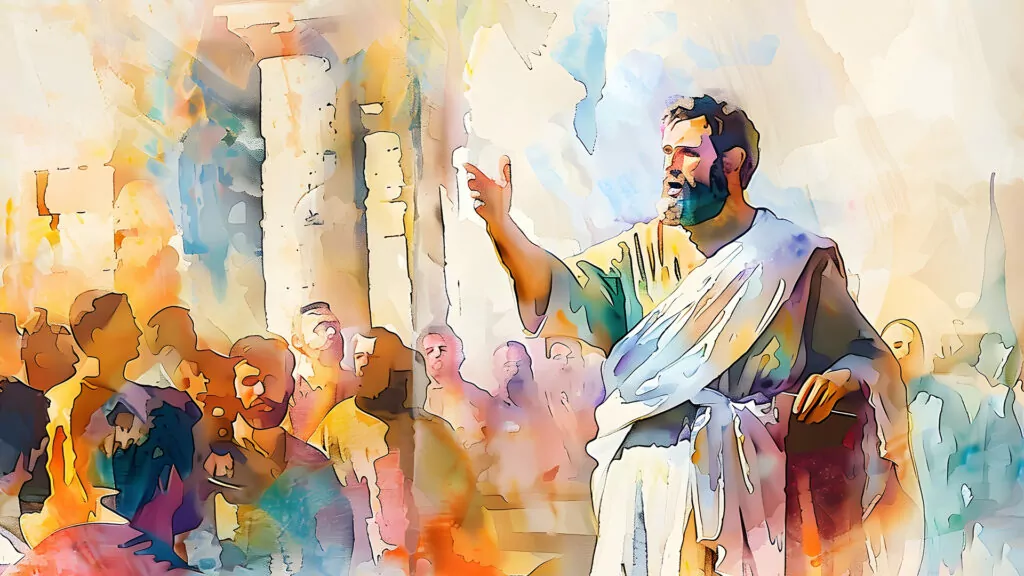Fraud is defined as wrongful or criminal deception intended to result in financial or personal gain. And insurance fraud is a deliberate deception perpetrated against or by an insurance company or agent for the purpose of financial gain.
When my husband was still in practice as a veterinarian, he was often asked to sign death certificates for farmers – certificates which would assure an insurance company that the claim the farmer was making on the death of a cattle beast by lightning was authentic. There were a number of occasions, however, when he could not in good conscience sign that form for a hopeful farmer as there had been no thunder storms or lightning in the area and as it was obvious that something else had killed the animal.
Should’ve been mortified
In 2005 an English man by the name of Anthony McErlean – a trustworthy, bespectacled, older-looking gentleman – impersonated his wife and handed in his own death insurance claim to an insurance company. The claim stated that he had died after being struck by a cabbage truck while traveling in Honduras. The life insurance payout was a whopping 520,000 pounds.
It was a lot of money and, sniffing a hint of fraud, the insurance company checked out the circumstances with the police. Strangely enough, the police found Anthony’s fingerprints all over his own death certificate suggesting that Anthony McErlean had filled in the form after he had died. This was, of course, an impossibility. Found out, charged with fraud, the man was sentenced to six years in prison. Anthony’s wife, who was obviously not acquainted with Exodus 23:1 – “You shall not spread a false report. You shall not join hands with a wicked man to be a malicious witness” – was also sentenced.
Fraud started early
There are numerous frauds recorded in history. All of them are the result of our forebears, Adam and Eve, who literally “fell” for the lines which the greatest fraudster of all had fed them. Those lines are recorded in Genesis and read: “Has God really said?” and “You will not surely die.” The repercussions of their fall into sin resound throughout the ages. Remember, for example:
- “Jacob said to his father, ‘I am Esau your firstborn. I have done as you told me; now sit up and eat of my game, that your soul may bless me.’” – Gen 27:19
- “… and the worthless men brought a charge against Naboth.” – 1 Kings 21:13
- “… a man named Ananias with his wife Sapphira, sold a piece of property.” – Acts 5:1
The refrain of dishonest gain played (and plays) on.
Murderous fraud
During the 1780s, it is estimated that some 300,000 slaves were exported from Africa and carried away into captivity by slavers.
In 1664, the British captured and took Cape Coast Castle in Ghana. Throughout the 1700s construction on this castle was continuous. Bricks and tiles from England were imported. Rebuilding the large structure, they used it ignominiously. The castle grew in size. It grew because the slave trade grew – a trade that constituted 90% of business on the Gold Coast. A slave outpost, Cape Coast Castle boasted large underground dungeons which had little ventilation and no windows. Throughout the years of this immoral trade, it played the wicked host to about a thousand prisoners at a time. Vast numbers of enslaved Africans who entered the structure through a door dubbed “Door of no Return,” were brought to this fortification prior to being sold into bondage.
In the summer of 1781, a British slave ship left Ghana after herding out 442 slaves from the dungeons of Cape Coast Castle. The vessel, captained by a Luke Collingwood and named Zong, was excessively overloaded. Its human cargo was stuffed tightly into a five-foot-high hold like the proverbial sardines in a can. There was also a ledge along the edge of the hold and it served to store more people even as books are stored on a shelf. On this journey, the Zong’s hold was what was described as a “tight pack,” which meant that as many people were crammed together as the space could possibly contain. Moreover, these captured people were chained together. They could not leave to go to a toilet, but day after long day had to lie in their own excrement. Conditions were ripe for illness and death. If one slave died, he was often not removed immediately, and the chained body could remain in his stilted position for hours and hours between two live people. The area was dark, the air was stale and the smell putrid. There was a ship’s doctor, a man who stood to receive bonus payment depending on how many slaves stayed alive.
Bound for Jamaica the Zong, due to a navigational error, spent three extra weeks at sea, much longer than anticipated. The usual six to eleven weeks trip morphed into twelve and thirteen weeks. Consequently, the water supply dwindled. It was now November. Sickness in the fold had begun, malnutrition, filth and sadness causing the subjugated to weaken day after day.
Wanting to do something to hedge his bets on delivering healthy freightage, Captain Collingwood jettisoned some of the cargo. You might remember the story of Paul as he was on a ship that was troubled by storm and recall that some of the cargo on that ship was thrown overboard to lighten the load. However, the cargo on board the Zong was not tackle or some other material commodity; no, the cargo jettisoned on board the Zong consisted of human beings. In light of the fact that these humans had been insured, Captain Colllingwood had 132 sick slaves thrown into the Atlantic. If they had died on board, the crew would not be able to claim any insurance money.
When the Zong finally arrived in Black River, Jamaica, the ship’s owner, a fellow by the name of James Gregson, filled out an insurance claim fraudulently asserting that money for the loss of the slaves was due. The abolitionists of the day used this horrendous death claim to focus public attention on the plight of the slaves. The case went to court.
In 1783, the crew of the Zong was tried. The case was heard, however, as an insurance dispute rather than as a murder trial. The question was not, “Can the murder of 132 slaves go unpunished?” but rather “Can the cargo be covered by the insurance company?”
The publicity surrounding this trial caused the King’s Bench, (the highest court in Britain), to call for a second trial. Although the abolitionists sought to have criminal charges brought against the captain and the crew, this was refused by the British Solicitor General, John Lee. He is quoted to have said:
“What is this claim that human people have been thrown overboard? This is a case of chattels or goods. Blacks are goods and property; it is madness to accuse these well-serving honorable men of murder…. The case is the same as if wood had been thrown overboard.”
Conclusion
The fraud in the Zong case seems to be fraud at its extreme. It makes you gag and throw up your hands at the absurdity and wickedness of the whole story, at the depths of the depravity of the human heart.
Fraud, again, is defined as wrongful or criminal deception intended to result in financial or personal gain.
There was another court case once: it was one that took place in Jerusalem; it was one of the greatest criminal deceptions of all time; it was one thought by the abusers to be a personal victory; and it was one that determined our eternal fate.
When Jesus was convicted as a common criminal, Satan rejoiced and his minions with him. The strange thing is that this most fraudulent court case ever recorded in the annals of mankind worked for good; the strange thing is that those who believe that this fraud was foretold and that it came to pass because God willed it are blessed; and the strange thing is that those who thank God for this fraud are saved.












